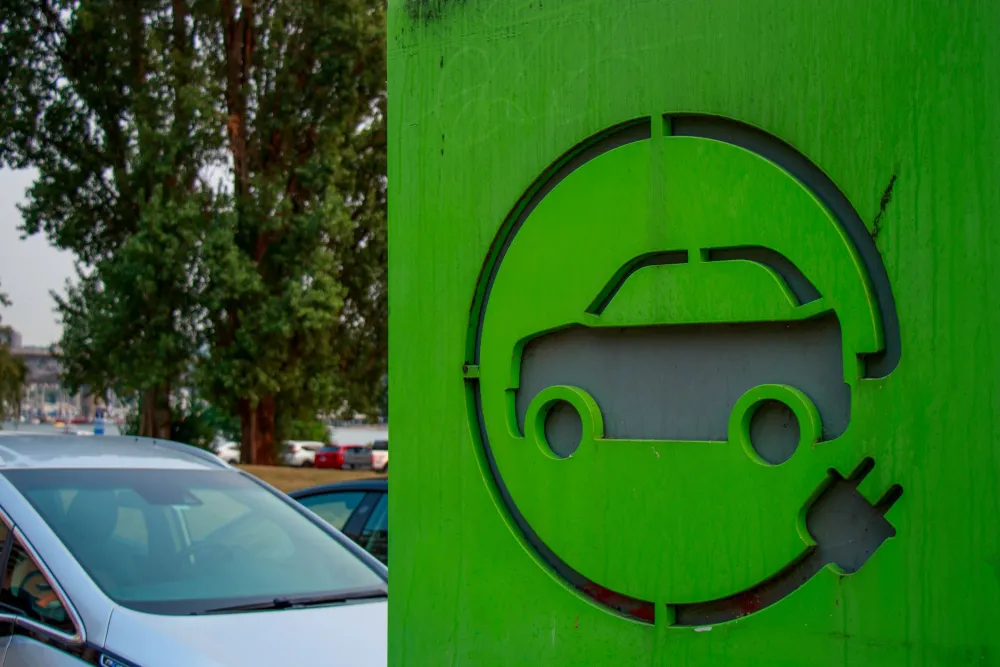TORONTO, ON – Electric vehicles (EVs) are central to Canada’s climate competitiveness and a strategic opportunity in the global low-carbon transition. As the policy that positions Canada to meet this opportunity, the Electric Vehicle Availability Standard helps build a strong domestic supply chain, attracts investment, ensures consumer choice and creates jobs in the growing clean energy economy. By accelerating EV adoption, the policy helps lower costs for consumers and makes sure Canadians share in the economic and health benefits of cleaner air.
While automakers are facing real challenges from shifting global policies and U.S. tariffs, Canada can support the sector without losing its competitive edge. A new backgrounder from the Pembina Institute, Keeping Canada Competitive with EV Standards, outlines how targeted adjustments to the EV Standard, including refining plug-in hybrid caps and expanding charging infrastructure credits, can provide automakers flexibility while keeping the policy strong and effective.
Maintaining ambition in the EV Standard is about ensuring Canada competes and thrives in the industries of the future — from critical minerals to batteries and clean energy. The coming weeks are a pivotal moment to strengthen, not stall, Canada’s low-carbon advantage and secure the benefits of a strong, affordable EV market for Canadians.
Quotes
“With the Electric Vehicle Availability Standard under review, the choices we make now will determine whether Canada leads or lags in the low-carbon economy. The question is not whether we should have ambitious targets, but how we keep the standard strong while helping automakers adapt. This policy is a key part of Canada’s competitiveness strategy, driving investment, consumer affordability and jobs across the low-carbon supply chain.”
- Adam Thorn, Director, Transportation, Pembina Institute
Quick facts
- Global EV sales are growing roughly 25% annually. This year, one in four cars sold worldwide will be electric.
- EVs already make up 20% of new car sales in Europe and nearly 50% in China.
- Two of the world’s largest EV manufacturers – Tesla and BYD – originated in regions with long-standing EV standards.
- Global energy investment is projected to reach $3.3 trillion in 2025, with $2.2 trillion going to clean energy, nearly double fossil fuel investment.
- Over 130,000 Canadian jobs currently depend on the EV industry, with potential growth to 600,000 by 2035.
- Modelling shows a strong EV Standard could make EVs affordable up to 15% sooner for Canadian consumers.
[30]
Contact
Lejla Latifovic
Senior Communications Lead, Pembina Institute
819-639-4185
Background
Backgrounder: Keeping Canada Competitive with EV Standards
Media release: Delaying EV targets serves auto industry, not Canadians
Op-ed: Let’s not let foreign automakers press us into changing the EV mandate




